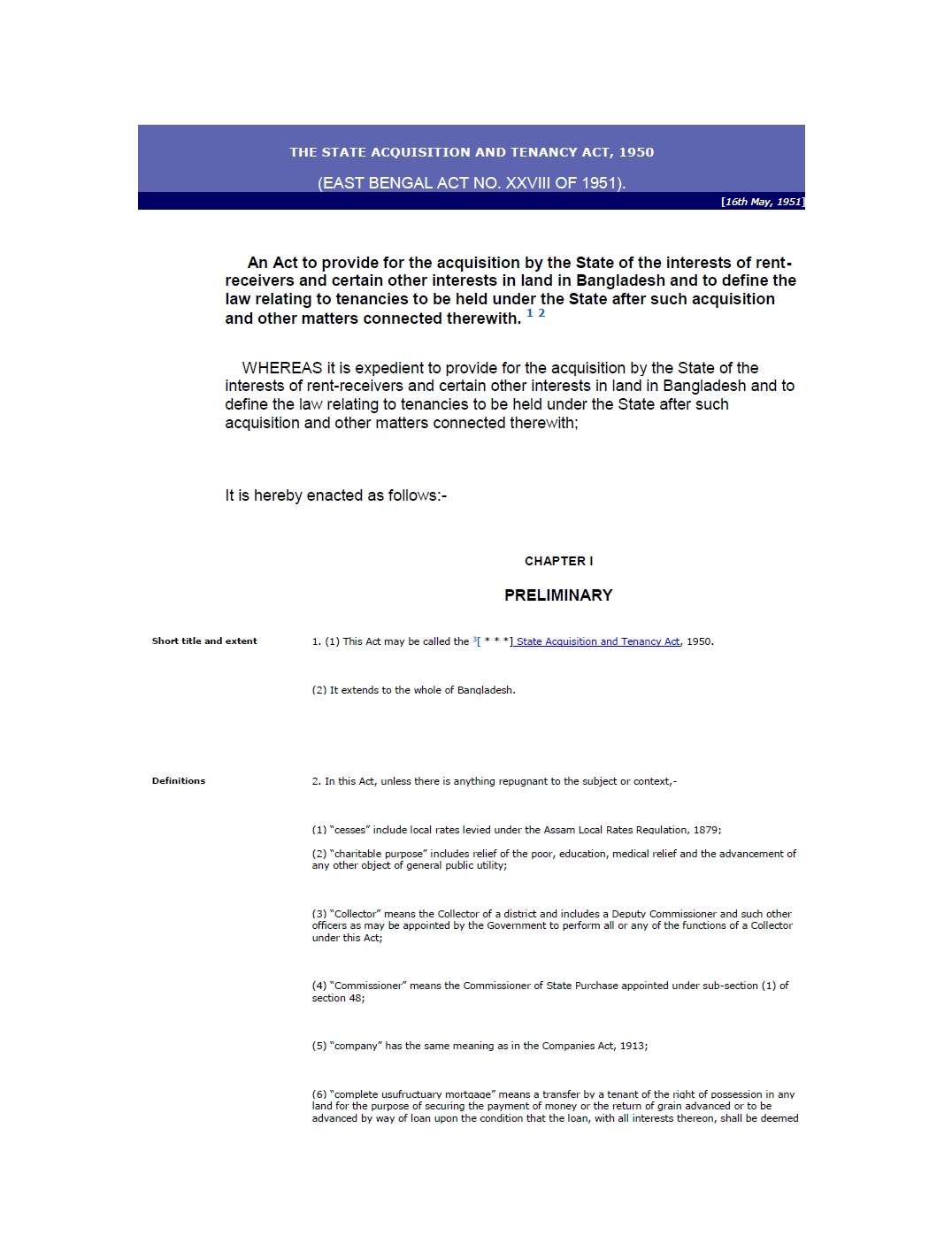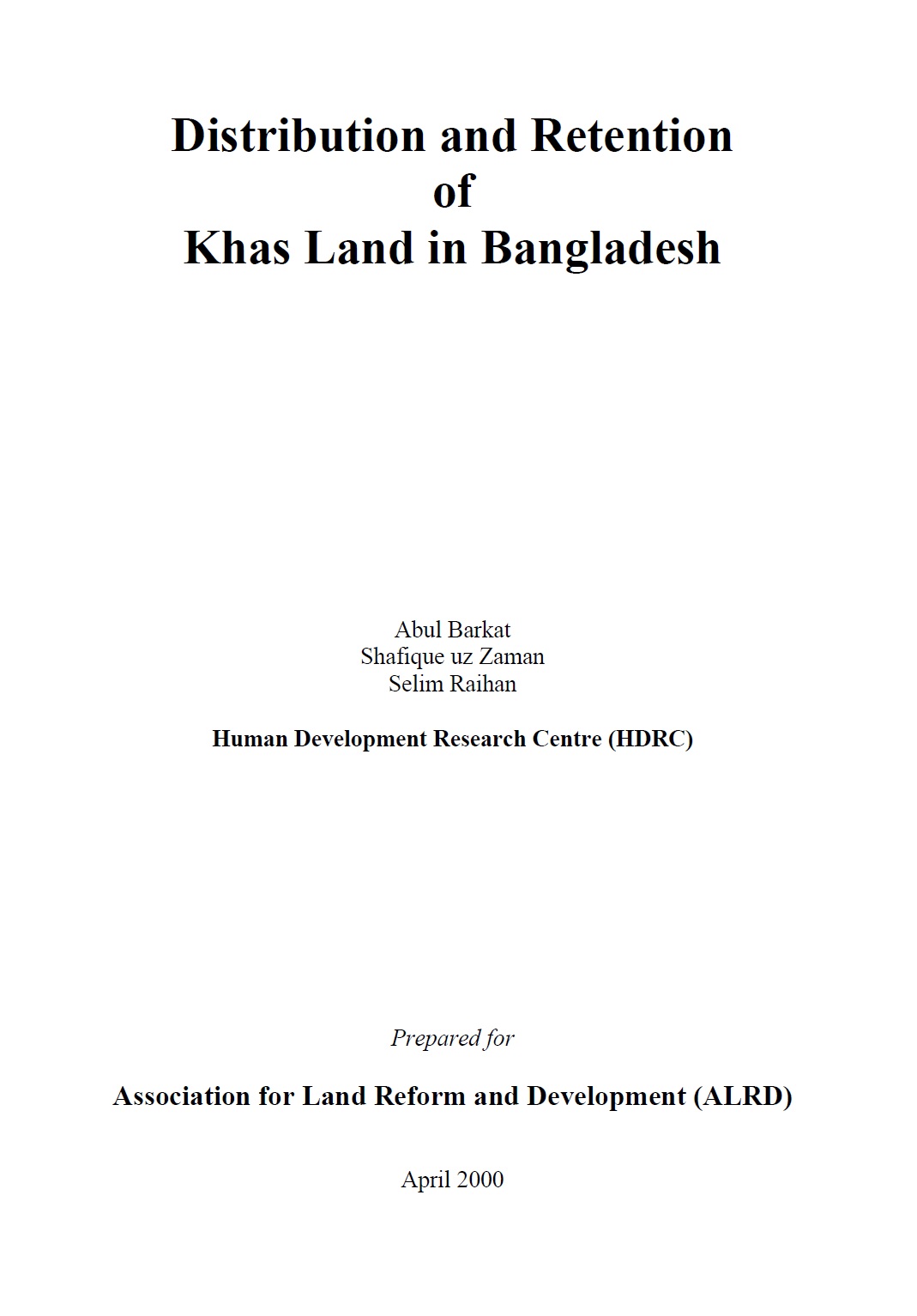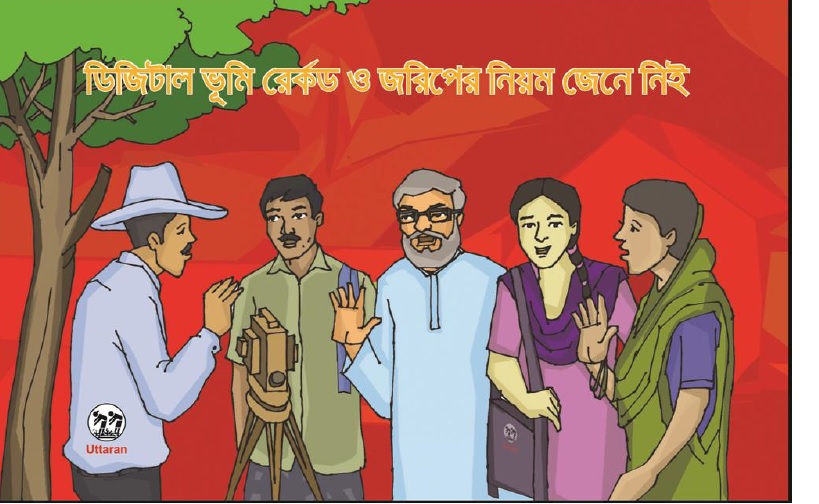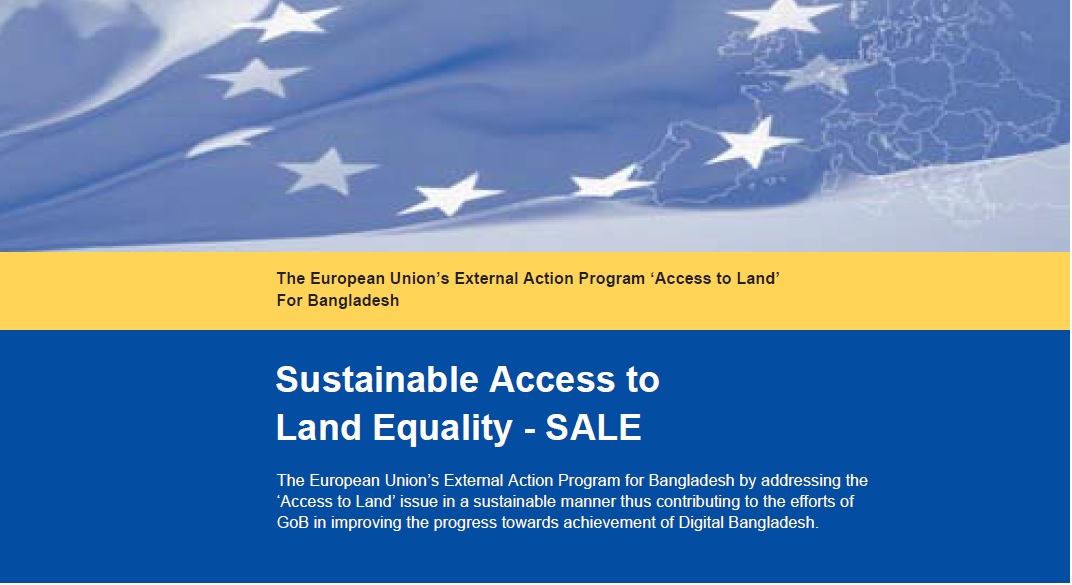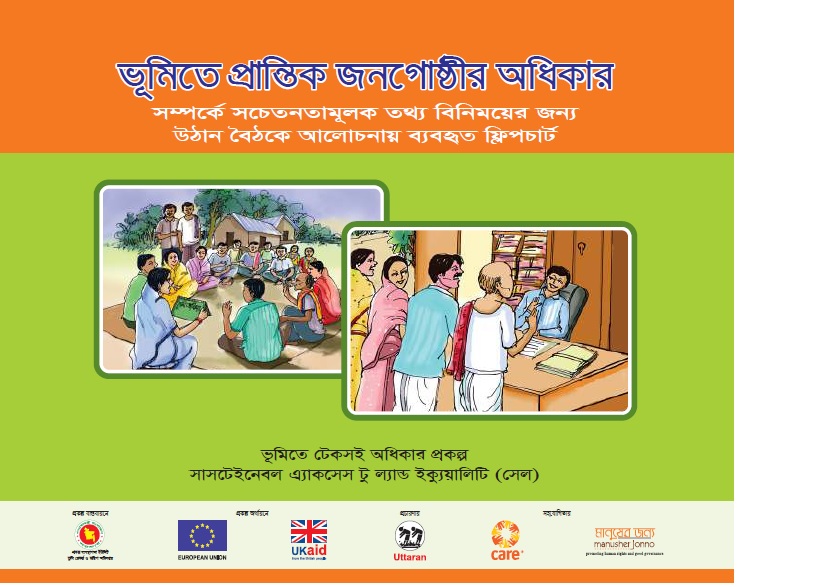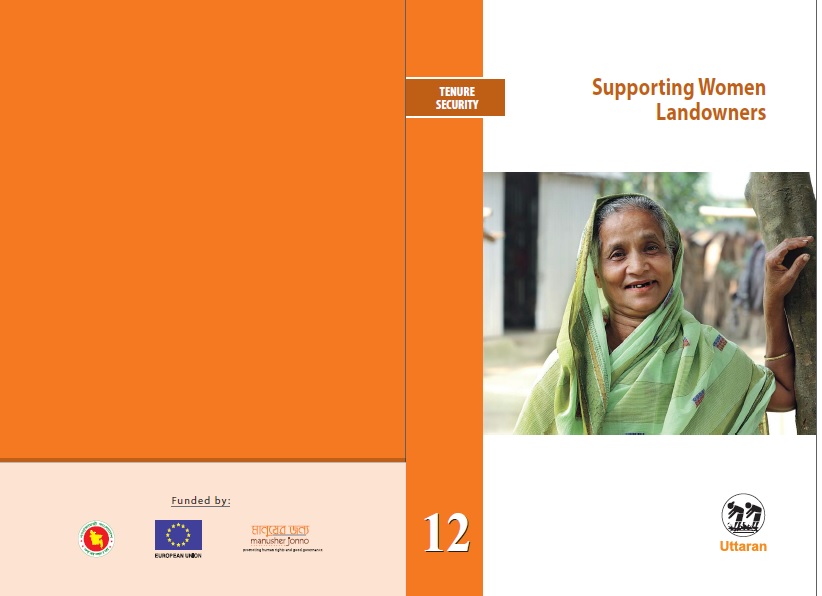
Topics and Regions
Mamun Ur Rashid has strong experiences on land administration and management in partnership with Ministry of Land and Department of Land Records and Survey, Bangladesh. He is knowledgeable and experienced with number of participatory tools and methods in order to selection of state land, women's access over the land and vested property act etc.
He has been working with non profit sector on human rights and governance for last 16 years, mostly project development and management roles. He has experiences of direct land project implementation in order to protect rights of women, widow, religious minorities, indigenous, elderly and disable land owners. He is one of the team member of National land policy formulation committee, National steering committee on land reform, National Budget Advocacy Group etc.
Details
Public Email
Location
Contributions
Displaying 51 - 60 of 63THE STATE ACQUISITION AND TENANCY ACT, 1950
An Act to provide for the acquisition by the State of the interests of rent-receivers and certain other interests in land in Bangladesh and to define the law relating to tenancies to be held under the State after such acquisition and other matters connected therewith.
It is notable that after independence from the British Colony in 1947, the government of Pakistan enacted the laws in line with the demand of Bangladesh peoples. As a result the regime of land lord has been destroyed by this act in Pakistan.
Distribution and Retention of Khas (state) Land in Bangladesh
From peoples' point of view, the issue of khas land is so much so neglected and non-transparent that no one even knows what is the amount of khas land available in Bangladesh. No comprehensive research work has so far been undertaken to assess the impact of distribution of the khas land on the poor, and the whole range of problems associated with the retention and non-retention of khas land by the poor including the role of the power matrix (agents of power structure) in the process of alienating the poor from their inherent rights to own the khas land.
Integrated Digital land record system-IDLRS in Bangladesh
Uttaran began work on the Sustainable Access to Land Equality (SALE) project to ensure transparency and accountability in land governance in December 2012. The project engaged communities in three pilot upazilas - to raise the awareness of vulnerable landowners about land administration, and to effect transparent processes for selecting landless people and for state land settlement.
Digital land Survey and Settlement in Bangladesh (cartoon book)
Utaran began work on the Sustainable Access to Land Equality (SALE) project to ensure transparency and accountability in land governance in December 2012. The project engaged communiies in three pilot upazilas - to raise the awareness of vulnerable landowners about land administraion, and to effect transparent processes for selecing landless people and for stateland setlement.
Sustainable Access to Land Equality - SALE
Utaran began work on the Sustainable Access to Land Equality (SALE) project to ensure transparency and accountability in land governance in December 2012, in partnership with CARE Internaional UK and Manusher Jonno Foundaion (MJF). The project engaged communiies in three pilot upazilas - Amtali Upazila of Barguna District, Mohanpur
of Rajshahi, and Sadar of Jamalpur-to raise the awareness of vulnerable landowners about land administraion, and to effect transparent processes for selecing landless people and for khasland setlement.
Digital land Survey and Settlement in Bangladesh
Utaran began work on the Sustainable Access to Land Equality (SALE) project to ensure transparency and accountability in land governance in December 2012, in partnership with CARE Internaional UK and Manusher Jonno Foundaion (MJF). The project engaged communiies in three pilot upazilas - Amtali Upazila of Barguna District, Mohanpur of Rajshahi, and Sadar of Jamalpur-to raise the awareness of vulnerable landowners about land administraion, and to effect transparent processes for selecing landless people and for khasland setlement.
Marginalized people's accesss to Land in Bangladesh
Utaran began work on the Sustainable Access to Land Equality (SALE) project to ensure transparency and accountability in land governance in December 2012. The project engaged communiies in three pilot upazilas - Amtali Upazila of Barguna District, Mohanpur of Rajshahi, and Sadar of Jamalpur - to raise the awareness of vulnerable landowners about land administraion, and to effect transparent processes for a) selecing landless people and b) khasland setlement.
Supporting Women Landowners
Utaran began work on the Sustainable Access to Land Equality (SALE) project to ensure transparency and accountability in land governance in December 2012, in partnership with CARE Internaional UK and Manusher Jonno Foundaion (MJF). The project engaged communiies in three pilot upazilas - Amtali Upazila of Barguna District, Mohanpur
Participatory Khasland Identi cation Process in Bangladesh
Utaran began work on the Sustainable Access to Land Equality (SALE) project to ensure transparency and accountability in land governance in December 2012, in partnership with CARE Internaional UK and Manusher Jonno Foundaion (MJF). The project engaged communiies in three pilot upazilas - Amtali Upazila of Barguna District, Mohanpur of Rajshahi, and Sadar of Jamalpur-to raise the awareness of vulnerable landowners about land administraion, and to effect transparent processes for selecing landless people and for khasland setlement.
Public Awareness and Community Participation in Land Registration in Bangladesh
Utaran began work on the Sustainable Access to Land Equality (SALE) project to ensure transparency and accountability in land governance in December 2012, in partnership with CARE Internaional UK and Manusher Jonno Foundaion (MJF). The project engaged communiies in three pilot upazilas - Amtali Upazila of Barguna District, Mohanpur

